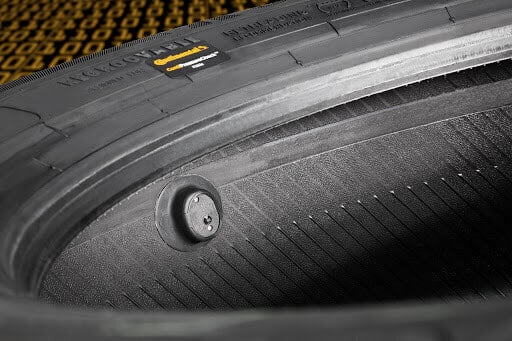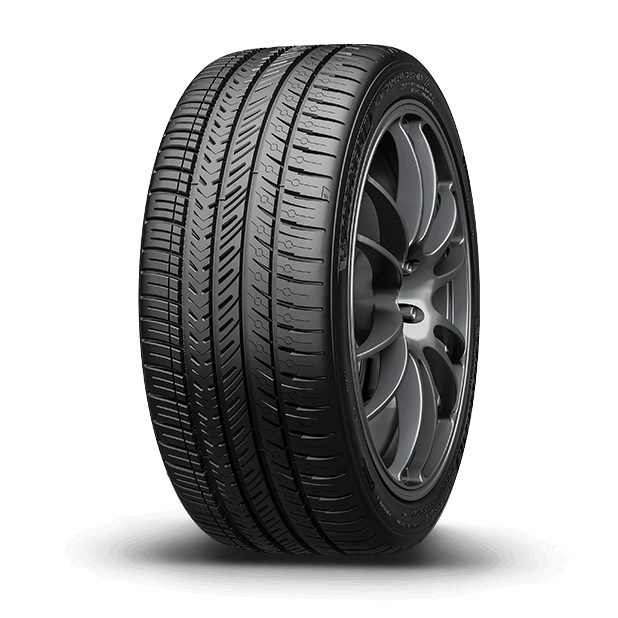Most of the time, the technical improvements brought about by the new generations of tires are rather physical. Stronger rubber, maybe even more environmentally friendly and more ingenious designs are just a few of the ways manufacturers have found to make their tires perform better. In recent years, however, a new sphere of development has emerged for tire engineers: communication.
The reason we’re talking so much about it right now is because of Volvo’s announcement that they will be integrating RFID technology into some of their upcoming European models, but the idea is not new. It’s already been almost a year since the Continental EcoContact 6, the ones that will equip future Volvo models, began to be produced. Prior to that, it was Michelin that first demonstrated the concept in 2017. With their rather simple prototype, they were able to show that, thanks to a frequency transmitter, it was possible to make a good old tire intelligent! Here’s how it works.
A thin and undetectable RFID chip
The secret is the same technology that today allows you to pay without contact or to identify lost pets. RFID, or radio frequency identification, is simply the integration of information into a chip, which can then be read by a sensor located a few centimeters away. In practice, this means that it is possible for the manufacturer to store everything necessary to properly diagnose problems in a convenient location. In a label no larger than a t-shirt and weighing about the same, your mechanic will be able to read the date of manufacture, the serial number and even the life span of your tire.
Unfortunately, we don’t yet know when (or even if) North American Volvos will be equipped with these radio-frequency-emitting tires, but in our opinion, the democratization of this technology is around the corner. Maybe the first intelligent tires for our market won’t be EcoContact 6s, but it’s certain that manufacturers won’t let this innovation go by! Certainly, there are few easier ways to maximize the longevity of their products than to add a simple transmitter.
For the moment, the use of RFID technology is mainly reserved for heavy trucks and transport fleets. This is normal, it must be said, since their maintenance is extremely frequent. That’s why the Volvo/Continental alliance’s foray into the intelligent passenger car tire market is so ingenious. After all, it may be because of them that you’ll be able to enjoy them on your everyday vehicle in a few years’ time!





